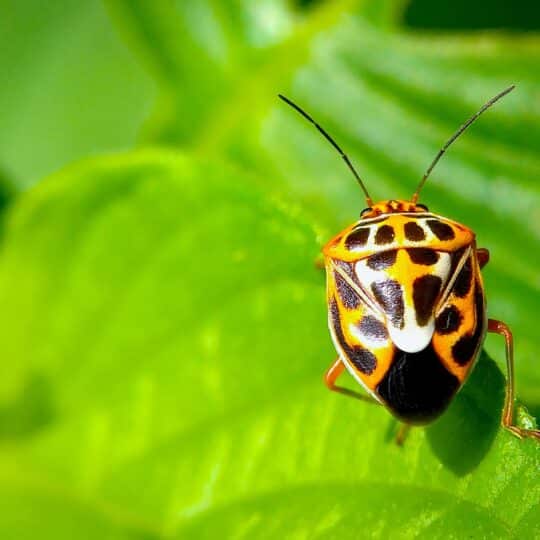Simple Steps to Protect Your Garden from Unwanted Pests

When growing your garden, keeping it safe from invasive pests looking for a free lunch is often a constant struggle. Making sure you plants are safe from bugs and rodents takes time and effort, and it can often prove fruitless if maintenance is not done regularly. When these sorts of problems become severe, professional exterminators are the best method for dealing with potential infestations quickly and effectively.
There are ways to prevent pests from getting out of hand in the first place. Regular garden upkeep, when combined with a little research about the species in your area, can do wonders to prevent those pesky infestations in the first place.
What Can I Do to Help My Garden?
Several different species would love nothing more than to make quick work of your garden’s vegetation, thankfully there also are several different ways to not only protect your garden, but also work towards developing a healthier environment around your property. Here a few tips and tricks to follow if you want to protect your garden so it never needs rescuing.
- Keep any Vegetation Trimmed – Allowing your garden to overgrow can often create a beautiful aesthetic. Unfortunately, this also allows pests ample hiding spots throughout your yard. Ticks, mosquitos, and other pests love to hide in tall grass for example. This allows them to latch onto passing people or animals and travel around your garden (or into you home) without getting caught before it’s too late. Trimming your yard, mowing your grass, and pruning your plants regularly will make sure they have no place to hide.
- Refresh Stagnant Water Regularly – If your garden has any water features like a fountain or nearby bodies of water like a small pond, it’s important to clean and refresh that water often. Stagnant water is a breeding ground for many pests, but specifically mosquitos. A small pond or puddle is all it can take for you to have a mosquito assault on your hands. They can lay up to 100 eggs in less than a week if you let them, so don’t.
- Clear Away Debris and Compost – Similar to overgrowth, left over materials around your property like lumber or rotting compost make for excellent places for pests to hide and breed. Don’t allow them to gain a foothold and make sure you clean out any debris before they have a chance to make it their new home.
- Encourage Predators in Your Garden – There are countless insects and critters that can help your garden grow stronger, rather than devouring plants and ruining your soil. Making sure to cultivate a strong natural ecosystem around your yard is great technique for long-term garden health. Garter snakes, honeybees, and ladybugs are just a few common examples of animals that can be beneficial to your garden.
Preemptive protection for your garden is a great way to make sure you don’t have to contend with harmful infestations later on. It’s important to note though that if an infestation does begin to grow, that calling a professional should be your first instinct.
Mitigating pest population growth is always beneficial, but there are still always going to be times things get out of hand. Your local exterminator is going to know the best methods for removing an infestation, as well as great techniques for you to make sure it doesn’t happen again.